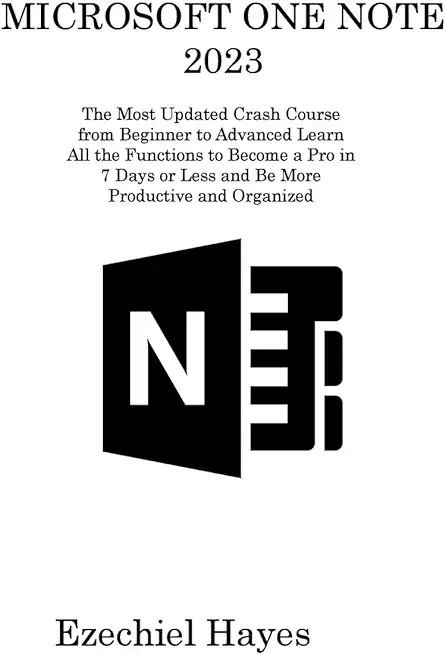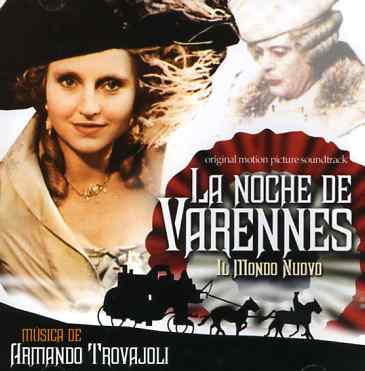
description
9In just one hour a day, you'll have all the skills you need to begin programming in C++. With this complete tutorial, you'll quickly master the basics, and then move on to more advanced features and concepts. Completely updated for the C++14 standard, with a preview of C++17, this book presents the language from a practical point of view, helping you learn how to use C++ to create faster, simpler, and more efficient C++ applications.
Part I: The Basics Lesson 1: Getting Started Lesson 2: The Anatomy of a C++ Program Lesson 3: Using Variables, Declaring Constants Lesson 4: Managing Arrays and Strings Lesson 5: Working with Expressions, Statements, and Operators Lesson 6: Controlling Program Flow Lesson 7: Organizing Code with Functions Lesson 8: Pointers and References Explained
Part II: Fundamentals of Object-Oriented C++ Programming Lesson 9: Classes and Objects Lesson 10: Implementing Inheritance Lesson 11: Polymorphism Lesson 12: Operator Types and Operator Overloading Lesson 13: Casting Operators Lesson 14: An Introduction to Macros and Templates
Part III: Learning the Standard Template Library (STL) Lesson 15: An Introduction to the Standard Template Library Lesson 16: The STL String Class Lesson 17: STL Dynamic Array Classes Lesson 18: STL list and forward_list Lesson 19: STL Set Classes Lesson 20: STL Map Classes
Part IV: More STL Lesson 21: Understanding Function Objects Lesson 22: Lambda Expressions Lesson 23: STL Algorithms Lesson 24: Adaptive Containers: Stack and Queue Lesson 25: Working with Bit Flags Using STL
Part V: Advanced C++ Concepts Lesson 26: Understanding Smart Pointers Lesson 27: Using Streams for Input and Output Lesson 28: Exception Handling Lesson 29: Going Forward
Part VI: Appendixes Appendix A: Working with Numbers: Binary and Hexadecimal Appendix B: C++ Keywords Appendix C: Operator Precedence Appendix D: ASCII Codes Appendix E: Answers
- Master the fundamentals of C++ and object-oriented programming
- Understand how C++ features help you write compact and efficient code using concepts such as lambda expressions, move constructors, and assignment operators
- Learn best practices and avoid pitfalls via useful Do's and Don'ts
- Learn the Standard Template Library, including containers and algorithms used in most real-world C++ applications
- Test your knowledge and expertise with exercises at the end of every lesson
- No previous programming experience required
- Write fast and powerful C++ programs, compile the source code, and create executable files
- Learn object-oriented programming concepts such as encapsulation, abstraction, inheritance, and polymorphism
- Use the Standard Template Library's algorithms and containers to write feature-rich yet stable C++ applications
- Learn how automatic type deduction helps simplify C++ code
- Develop sophisticated programming techniques using lambda expressions, smart pointers, and move constructors
- Master the features of C++ by learning from programming experts
- Learn C++ features that allow you to program compact and high-performance C++ applications
- Preview what's new in C++17
Part I: The Basics Lesson 1: Getting Started Lesson 2: The Anatomy of a C++ Program Lesson 3: Using Variables, Declaring Constants Lesson 4: Managing Arrays and Strings Lesson 5: Working with Expressions, Statements, and Operators Lesson 6: Controlling Program Flow Lesson 7: Organizing Code with Functions Lesson 8: Pointers and References Explained
Part II: Fundamentals of Object-Oriented C++ Programming Lesson 9: Classes and Objects Lesson 10: Implementing Inheritance Lesson 11: Polymorphism Lesson 12: Operator Types and Operator Overloading Lesson 13: Casting Operators Lesson 14: An Introduction to Macros and Templates
Part III: Learning the Standard Template Library (STL) Lesson 15: An Introduction to the Standard Template Library Lesson 16: The STL String Class Lesson 17: STL Dynamic Array Classes Lesson 18: STL list and forward_list Lesson 19: STL Set Classes Lesson 20: STL Map Classes
Part IV: More STL Lesson 21: Understanding Function Objects Lesson 22: Lambda Expressions Lesson 23: STL Algorithms Lesson 24: Adaptive Containers: Stack and Queue Lesson 25: Working with Bit Flags Using STL
Part V: Advanced C++ Concepts Lesson 26: Understanding Smart Pointers Lesson 27: Using Streams for Input and Output Lesson 28: Exception Handling Lesson 29: Going Forward
Part VI: Appendixes Appendix A: Working with Numbers: Binary and Hexadecimal Appendix B: C++ Keywords Appendix C: Operator Precedence Appendix D: ASCII Codes Appendix E: Answers
member goods
No member items were found under this heading.
Return Policy
All sales are final
Shipping
No special shipping considerations available.
Shipping fees determined at checkout.







